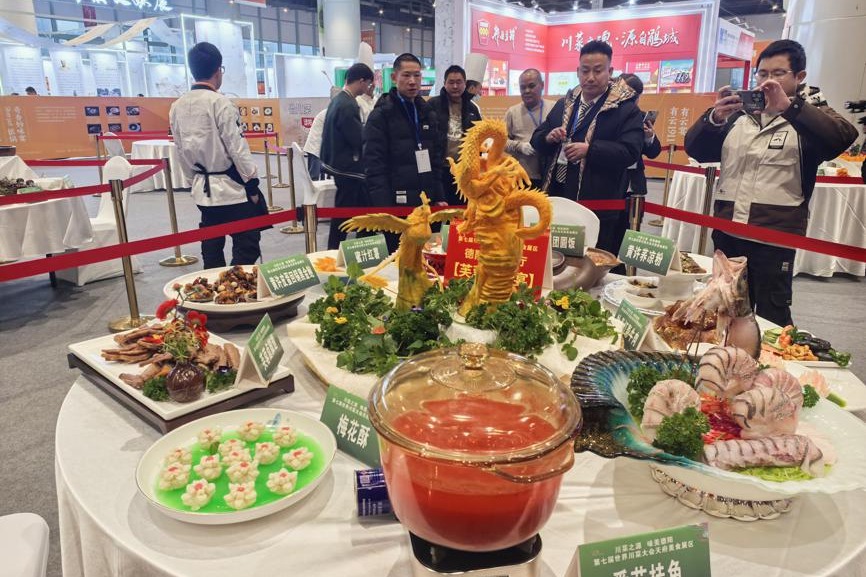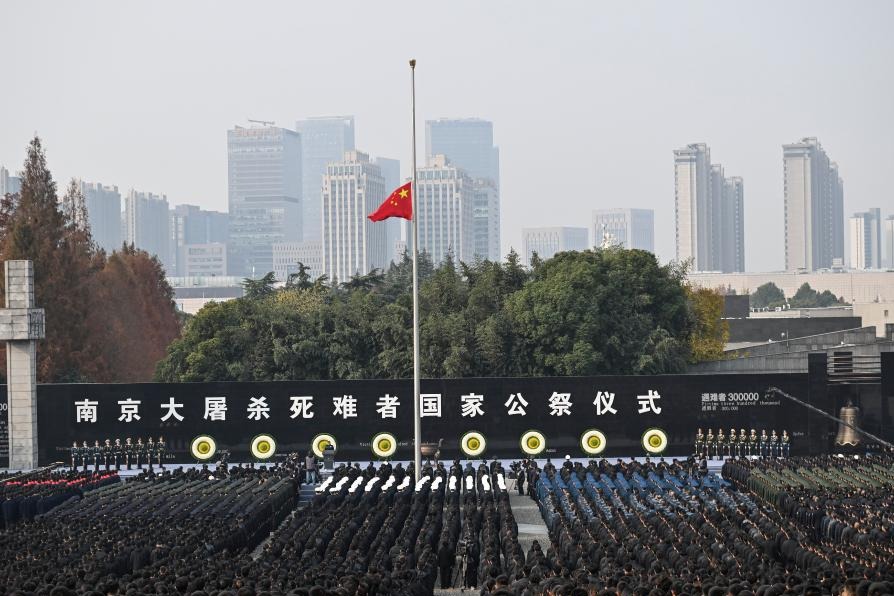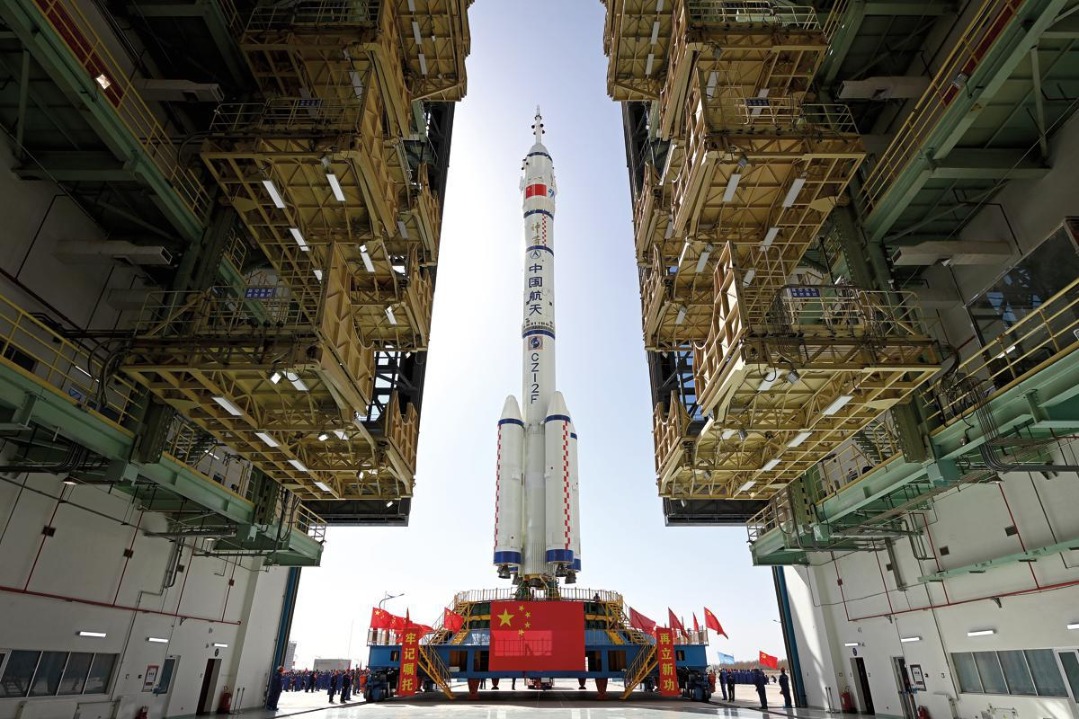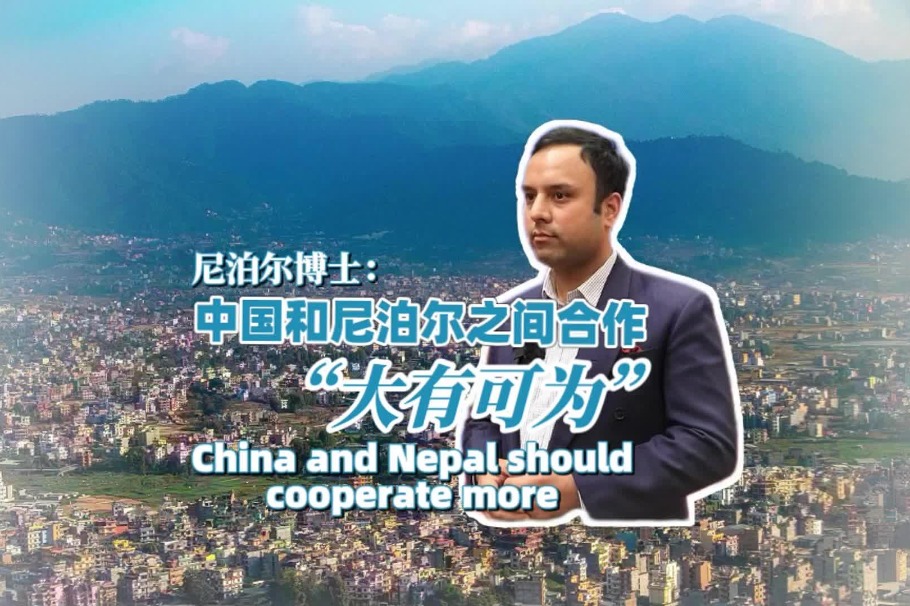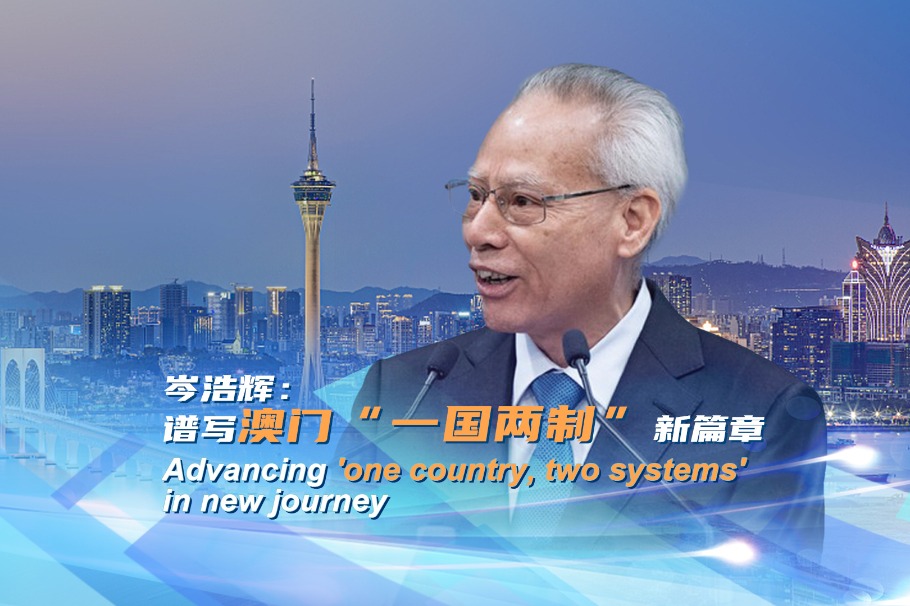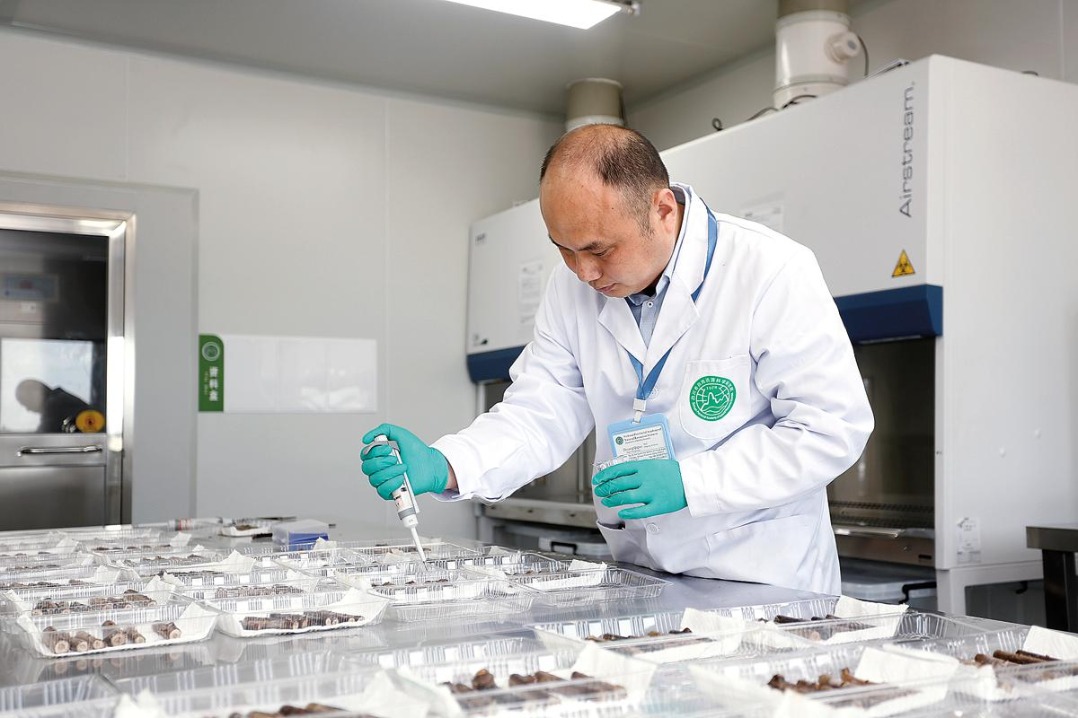A 'varsity of the future' for Macao
SAR sees a bright future for higher education, capitalizing on the "one country, two systems" framework, appropriate economic diversification, and making the city a favorable place for higher studies for students. CityU Macao Rector Liu Jun talks to Wu Kunling.


Additionally, a vast communication network exists between the nation and countries engaged in the Belt and Road Initiative, especially the 10 member states of the Association of Southeast Asian Nations that stand as a crucial resource for Macao's educational development.
In Liu's view, there is a growing demand among students from these nations for study abroad. At CityU Macau, full scholarships are granted to exceptional students from these nations to pursue further studies in the city, including 30 high school students from Malaysia who are set to enroll next year.
Moreover, Macao could serve as an attractive option for students from Portuguese-speaking nations like Brazil and East Timor. The rector believes that even brief exchanges, apart from students taking the traditional four-year degrees, will enable them to take their experiences in Macao back to their homelands, generating further interest in Macao among students.
With the nation's unwavering support, Macao is vigorously moving towards economic diversification that would create fresh momentum for higher education, says Liu.
Beyond its traditional gaming industry, Macao is fostering growth in emerging fields with unprecedented vigor, including technology, finance, biomedicine and exhibitions. The shift will not only allocate more resources to education, but also spur increased academic exchanges, presenting a vital opportunity for students aiming to pursue careers in these evolving industries.
Liu believes the Macao SAR government could enact policies regarding visas and other aspects to help exceptional graduates stay and work in the city, significantly providing a major boost for education.
With such a multitude of favorable external conditions, Liu is confident in the future development of education, especially given Macao's inherent advantages - its multicultural environment and strong international connections under the "one country, two systems" policy.
As a hub where scholars and information from across the world converge, Liu believes Macao's diverse cultural landscape can equip students with valuable interpersonal skills, and broaden their perspectives, making it a compelling and cost-effective alternative for more students.
















